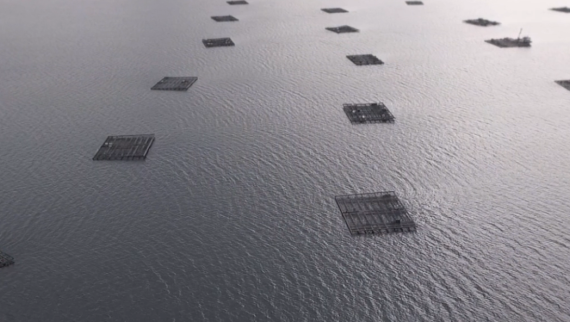
IMMUNITY IN COMMON OCTOPUS: NON-SELF RECOGNITION AND IMMUNE RESPONSE INDUCED BY PATHOGENS
Descripción
Important advances have been done so far on the immune competence of invertebrates over the last years concluding that, contrary to what was initially thought, those animals possess a very efficient innate immune response with a high diversification for non-self recognition. the identification of immune genes in the common octopus (Octopus vulgaris), also detected in very distant organisms, lead us to hypothesize that these organisms might possess a potent and sophisticated immune competence (including traditionally adaptive characteristics to mount “memory”). This approach deserves to be explored in more depth and this is the ultimate objective of immunoctopus. Since much focus was historically emphasised on mammals, this produced a biased view of animal immunity. However, for some 600 million years, deuterostomes have evolved independently and differently from the protostomes, a clade of invertebrate animals subdivided in ecdysozoa (arthropods and nematodes) and lophotrochozoa (annelids and molluscs). Therefore, the data obtained during this project could offer new insights into the evolution of the immunity in protostomes and especially in lophotrochozoan. The main objective for this proposal is focused on boosting the immune system of the common octopus to characterise its immune response at cellular and humoral level against non-self particles. classical immunology techniques, functional and molecular approaches and the use of massive single cell transcriptomics and proteomics tools will provide a complete overview of its immune competence. non-self recognition will be studied both on grafting animals and also in octopuses immunostimulated with the inactivated pathogen vibrio lentus, with the aim to identify the molecular basis that governs the immune response against non-self recognition into the main cell/s population/s involved in the immune response after a first and second training exposure trial. the characterization of the proteins responsible of this response will be also evaluated at massive level by omic technologies. It is worth mentioning that the common octopus is a product of high economic importance and very much appreciated for human consumption. Common octopus aquaculture production is currently ongoing and significant progress has been made on this issue. For this reason it is very important to take a step forward in acquiring a solid knowledge about the octopus immune system in order to fight against diseases and stress derived from confinement conditions, which is also valid for stabling octopuses for experimental approaches (neurobiology, behaviour, development...). In this sense, the data derived from this project could open new possibilities for disease prevention programmes both in aquacultured animals and those used as animal model for scientific purposes.





